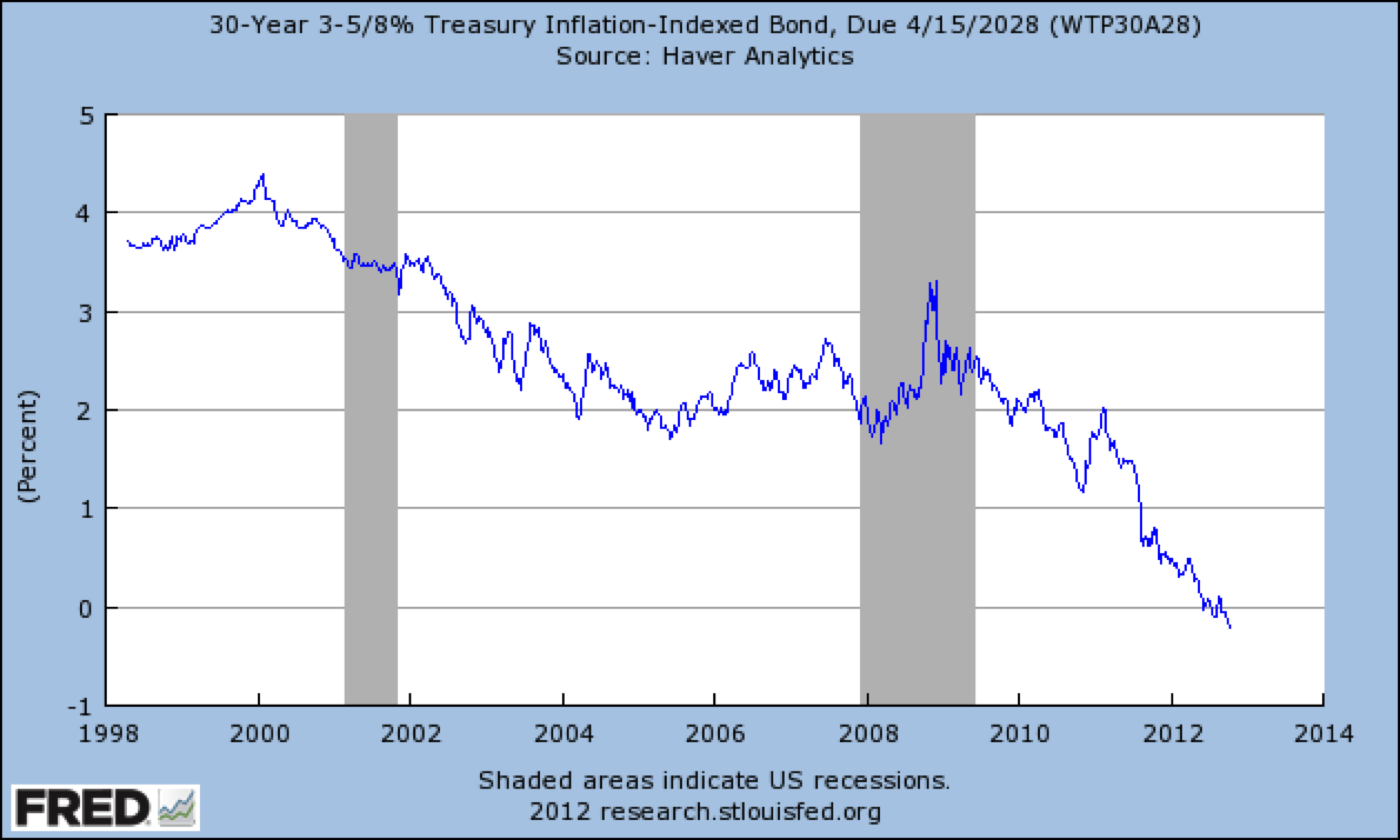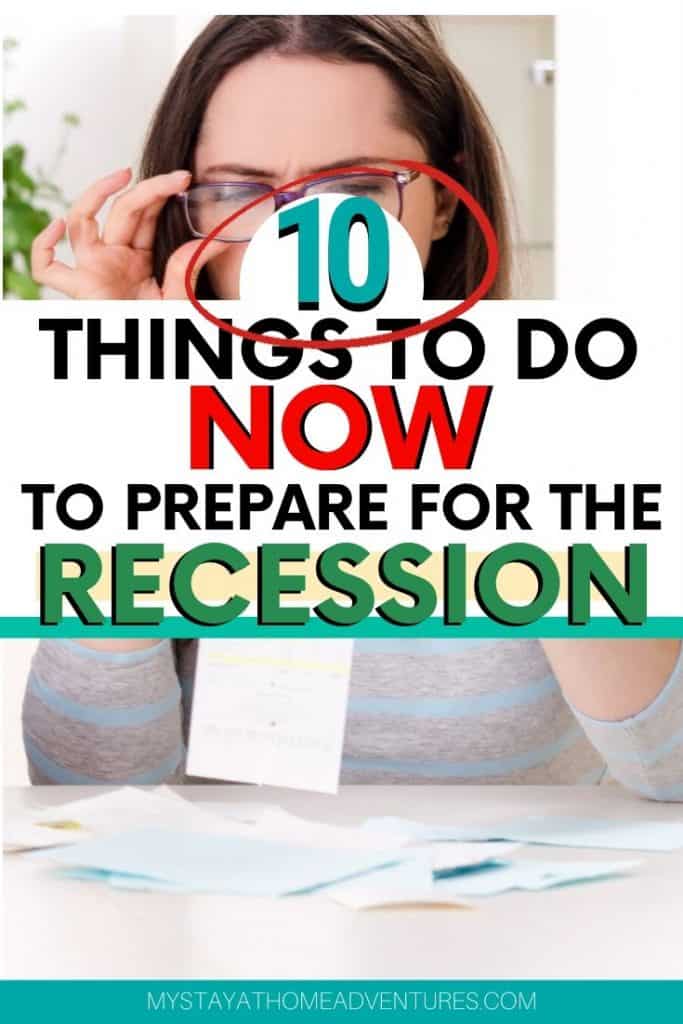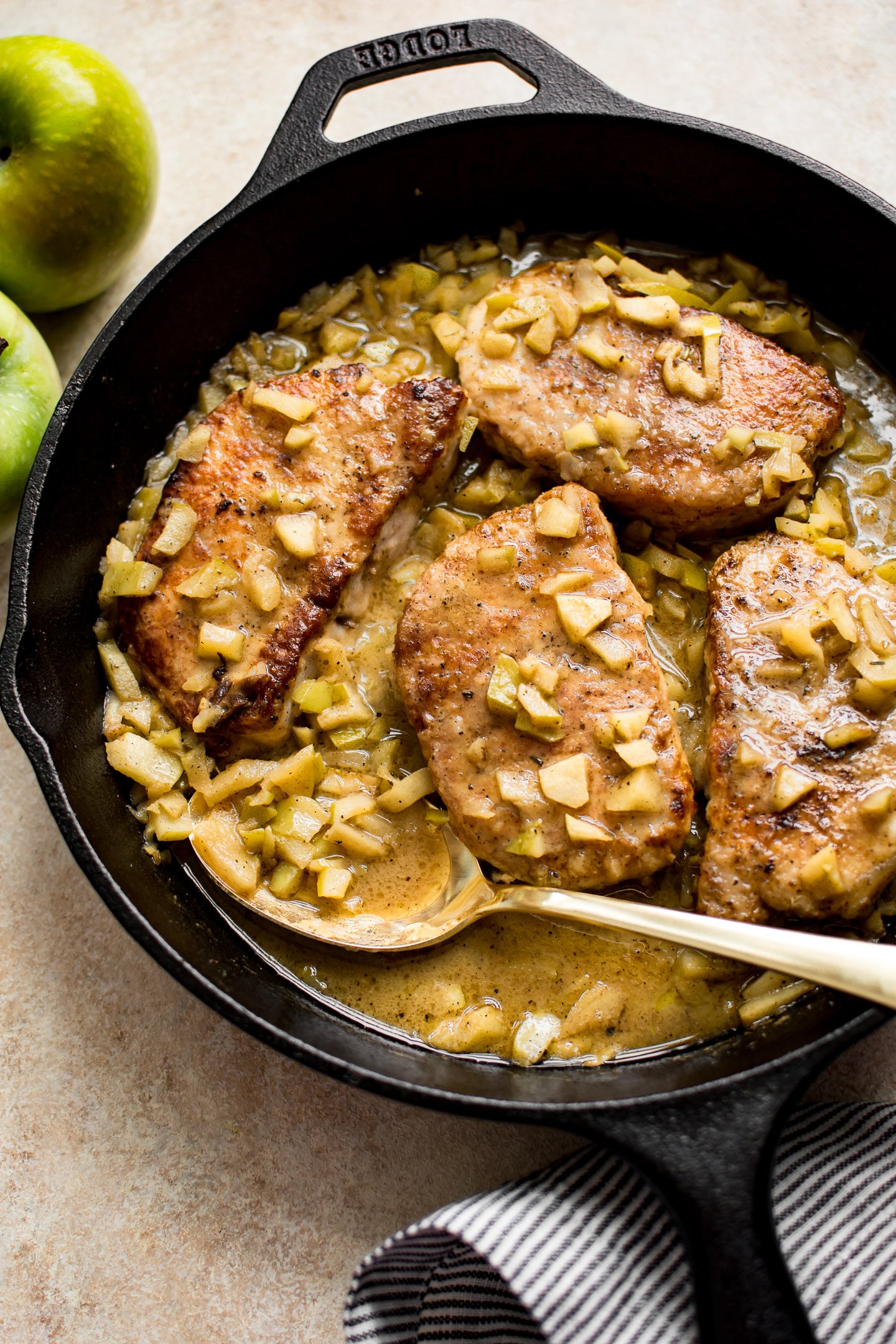Table of Content
The beginning of the COVID-19 pandemic created a large amount of built-up demand for homes as no one could move during the lockdown. The vast number of buyers continued to drive home prices higher for the next couple of years as people were looking to relocate. In addition, many individuals decided to retire during COVID, and the work-from-home phase has become permanent for a handful of industries. For a while, there was not enough sellers to meet the buyer demand, so prices continued to rise.

Many people were forced to foreclose on their homes, leaving houses empty and allowing those in a position to do so to snap up houses for cheap. Kim is also the author of "The Yellow Envelope," a memoir about the time she sold her house and traveled around the globe. This kit gives the potential for greater returns than cash, without the big risks of the stock market. Our Inflation Kit is a low risk investment kit that allocates funds to a range of assets that are designed to protect against inflation. We use proprietary AI technology to automatically rebalance between Treasury Inflation Protected Securities , precious metals like gold and silver as well as commodities. It might surprise you to learn that there have only been three official recessions since the year 2000, and they’ve lasted for a combined period of 31 months out of a total 259.
Drawbacks to Buying in a Housing Recession
Most investments were affected during the pandemic, especially in the real estate field. Most people stayed in their homes, and selling houses was not essential. We would like to caution our readers against buying investment properties for a quick turnaround during a recession. Many homeowners have seen an increase in their property value, so some may decide to venture into investment properties or potentially house flipping. While this still may be profitable, it may not be a great idea during a recession. However, the entire housing market has changed since the beginning of 2022.
When weighing the pros and cons of buying a home during a recession, you will see that home values go down. If you have accurately assessed your own personal finances, and you are in a good stable place for purchasing, the low prices will make this an extremely advantageous time for you to purchase a home. You may find that you are able to offer less than asking price on some homes or that homeowners who can no longer support their mortgages are doing short sales. When we think of a recession and the housing market, the 2008 bust might come to mind.
Should You Sell Your Home During a Recession? 5 Crucial Things To Consider
Even nearby homes can be impacted by the foreclosures in terms of their own value. In times of economic recession or otherwise, it is extremely important that you evaluate your own personal financial circumstances. For example, you will want to weigh factors such as job security when you are making any major life decision, much less buying a home during a recession. If you are secure in your field of work to the extent that you are able to predict then you may determine a recession is the best time for you to buy a home. Buying a house during a recession can be difficult but not impossible.To prepare for the future, as a new home buyer, you should begin by doing your research.
Selling during a recession could be a problem if you need to sell your current home before buying a new one. Due to the recession, you could get less money than you expected, or your house could languish on the market, depending on your location. Economic uncertainty can impact anyone’s job—and banks understand this. For fear of having to foreclose your home, lenders are less likely to approve mortgages in this economic environment.
Get a Handle on Your Finances & Job Security
However, the decrease in demand has started to outpace the decrease in supply, so home prices have started to level out and potentially reverse. This trend of lower demand and lower prices could continue as the economy approaches recessionary levels. Buying or selling a home is one of the biggest financial decisions an individual will ever make. Our real estate reporters and editors focus on educating consumers about this life-changing transaction and how to navigate the complex and ever-changing housing market. From finding an agent to closing and beyond, our goal is to help you feel confident that you're making the best, and smartest, real estate deal possible. One of the worst financial mistakes you can make before a recession is to overextend your budget.

In other words, when the demand for homes shrinks, home prices fall right along with it. To understand whether it is good to buy a house during a recession, and if we’ll see another recession like the one that hit us hard in 2008, we spoke to some top experts in real estate. Even so, it’s worth noting that even with the worst possible market timing, the average home buyer would still have made money over a 10-year period. The point is that recessions can be scary and they can impact a lot of people, which is why there is so much attention paid to when the next one might arrive.
Yes, a recession has an adverse effect on house prices leading to or causing a huge depression in it. Poor economic conditions mean the potential homebuyers don’t have enough disposable income to purchase a home. There are usually fewer homebuyers during a recession, which means that properties remain on the market for longer.

Get a handle on your financial situation, and you’ll know how much home you can afford. During a recession, home prices may drop—or at least not go up too much. This could mean that if a recession happens soon, any property purchase you make now might dip in value. Likewise, if you wait and purchase in the midst of a recession, you could stand to snag a deal. Ma recommends having 20% of a home’s price in the bank for a down payment, about 4% to 6% extra for closing costs, and enough to cover three to six months of living expenses in case of an emergency.
Bankrate is compensated in exchange for featured placement of sponsored products and services, or your clicking on links posted on this website. This compensation may impact how, where and in what order products appear. Indeed, as of early August 2022, the National Bureau of Economic Research had not declared a recession. However, sometimes data and sentiment don’t match, and while we may not be officially in one, there can still be a sense of economic slowdown that feels an awful lot like recession to many folks. We’re transparent about how we are able to bring quality content, competitive rates, and useful tools to you by explaining how we make money.
It also means that sellers are more likely to drop their listing prices, making their property easier to sell. This scenario could mean that you find your dream home with a lucky bid at an auction, for example. At present, there are also sellers who are ready to sell their properties at a lower rate to be financially stable in this hard time of recession. The number of available properties increases but the demand becomes less because of the economic downfall. You can buy a property during a recession to enjoy a great discount on the available inventory.







